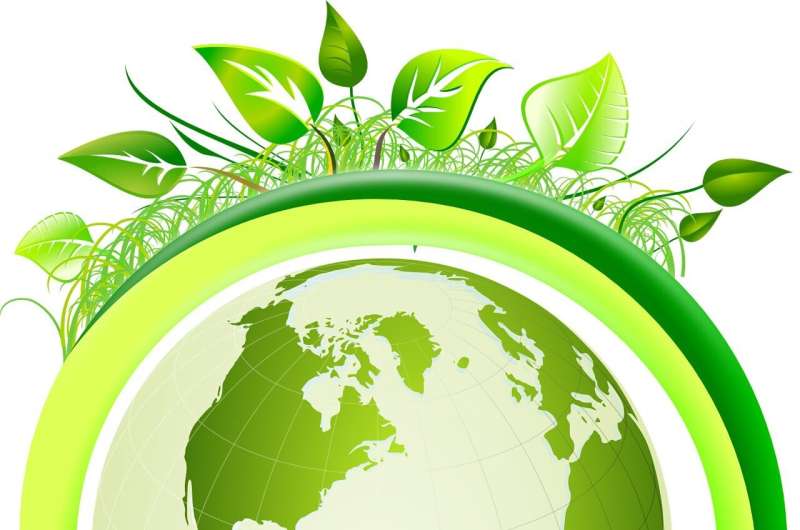The Future of Venus Colonization
Venus, known as Earth’s “sister planet,” has captured the interest of scientists and researchers for its unique characteristics. Despite its harsh environment, there is a growing curiosity about the potential for human colonization on Venus.
Exploring the Possibilities
There are compelling reasons to consider colonizing Venus:
- Close Proximity: Venus is the nearest planet to Earth, making it a convenient option for future settlements.
- Rich Resources: Venus boasts valuable resources like sulfur, which could be utilized for various purposes.
- Earth-like Gravity: With gravity similar to Earth, Venus offers a more familiar environment for potential colonists.
Overcoming Challenges
However, there are significant obstacles to overcome in colonizing Venus:
- Extreme Conditions: Venus experiences scorching temperatures and a toxic atmosphere, requiring advanced technology for protection.
- Toxic Atmosphere: The thick atmosphere of Venus poses a challenge for human habitation, necessitating innovative solutions for creating habitable zones.
- High Pressure: The intense surface pressure on Venus demands sturdy structures to withstand such extreme conditions.
Innovative Approaches
Despite the challenges, there are creative solutions under consideration:
- Cloud Cities: Building floating cities in Venus’s upper atmosphere could provide a more hospitable environment for human settlement.
- Terraforming: Transforming Venus into a more Earth-like planet through environmental modifications is a potential strategy.
- Advanced Technology: Leveraging robotics and AI for construction and maintenance tasks can reduce risks for human colonists.
Looking Ahead
While the challenges are daunting, the prospect of colonizing Venus opens up new possibilities for human exploration in space. With ongoing technological advancements, the dream of establishing permanent settlements on Venus may not be as distant as it seems. Perhaps one day, Venus will become a second home for humanity.





















